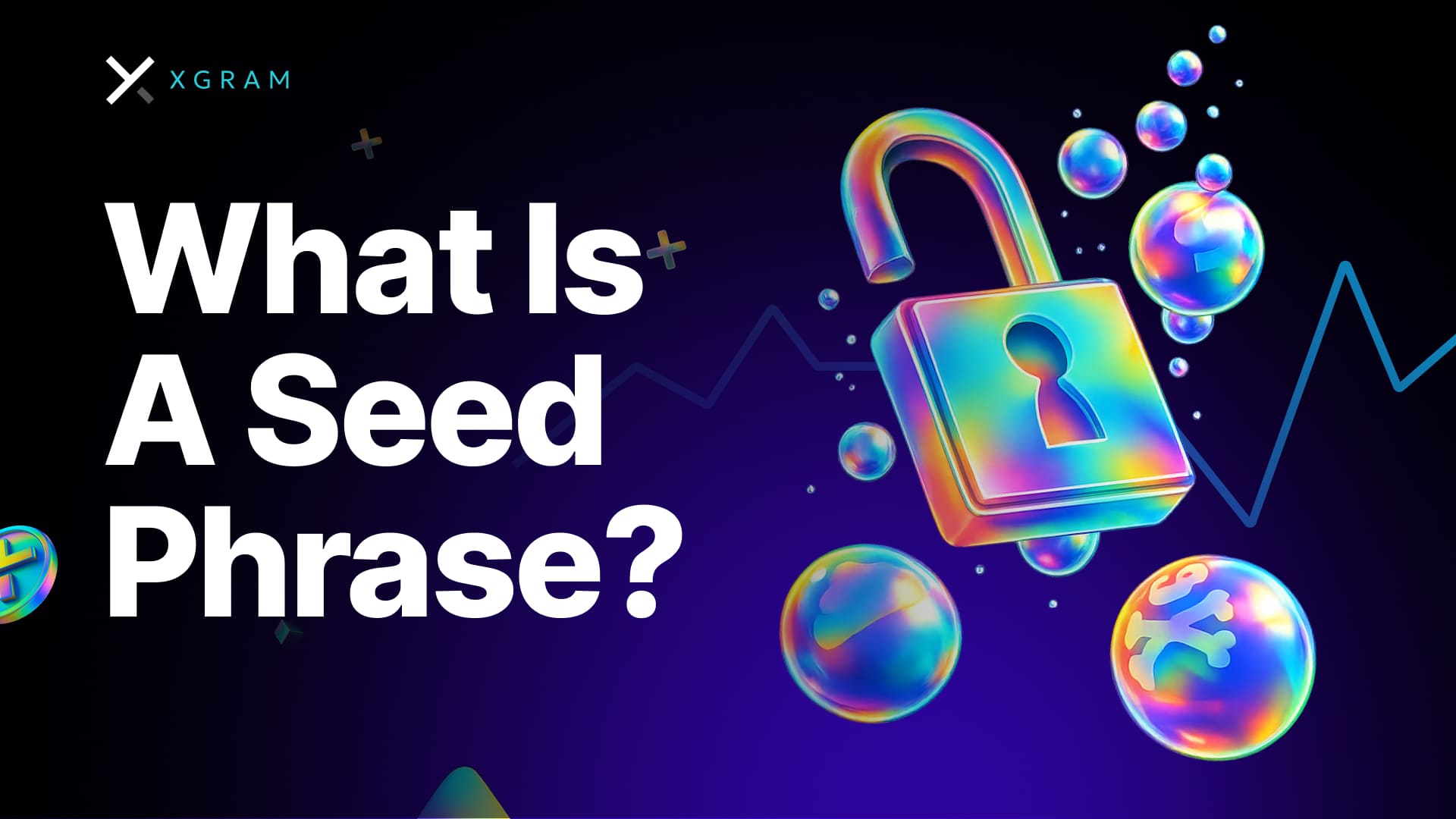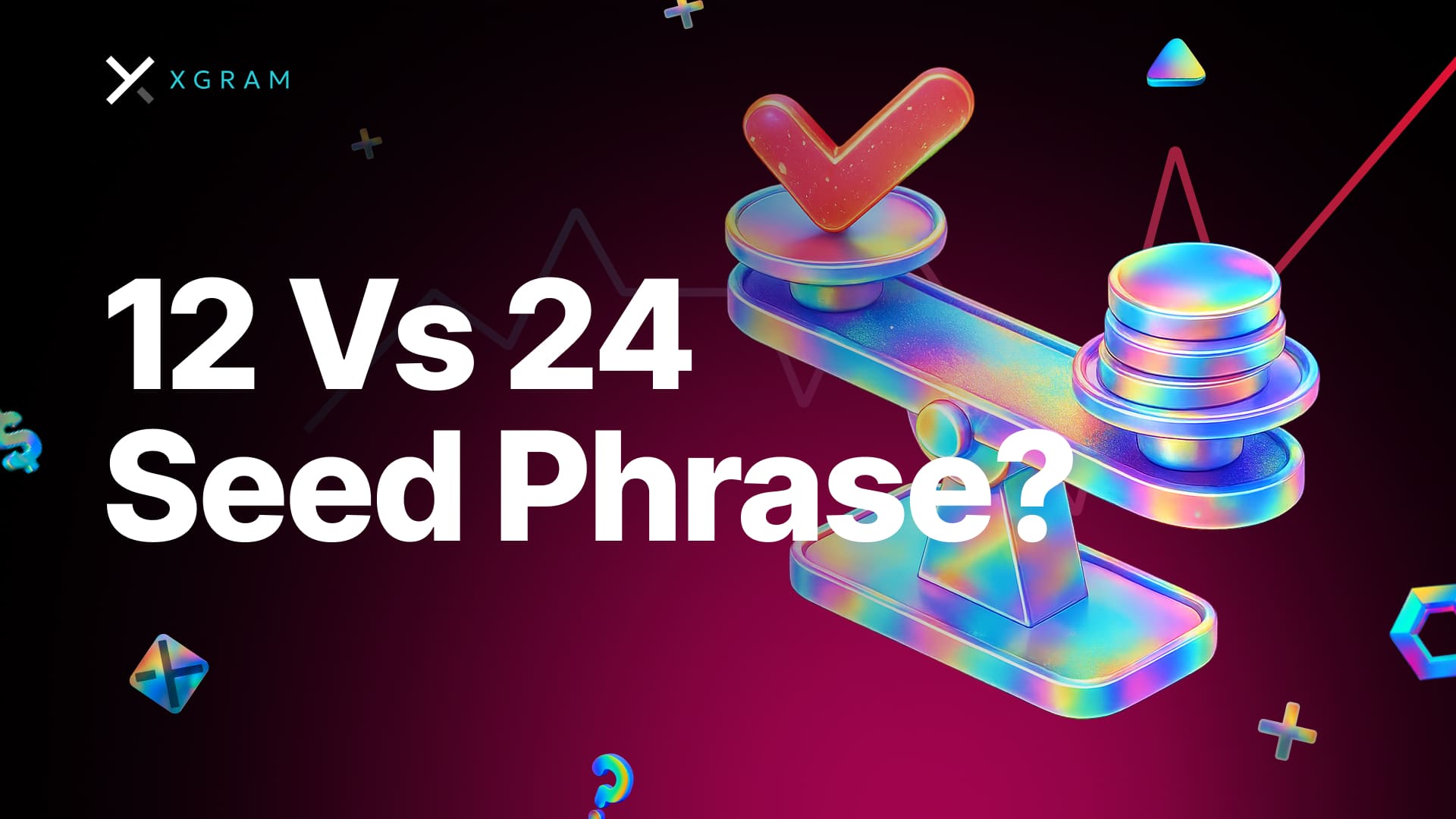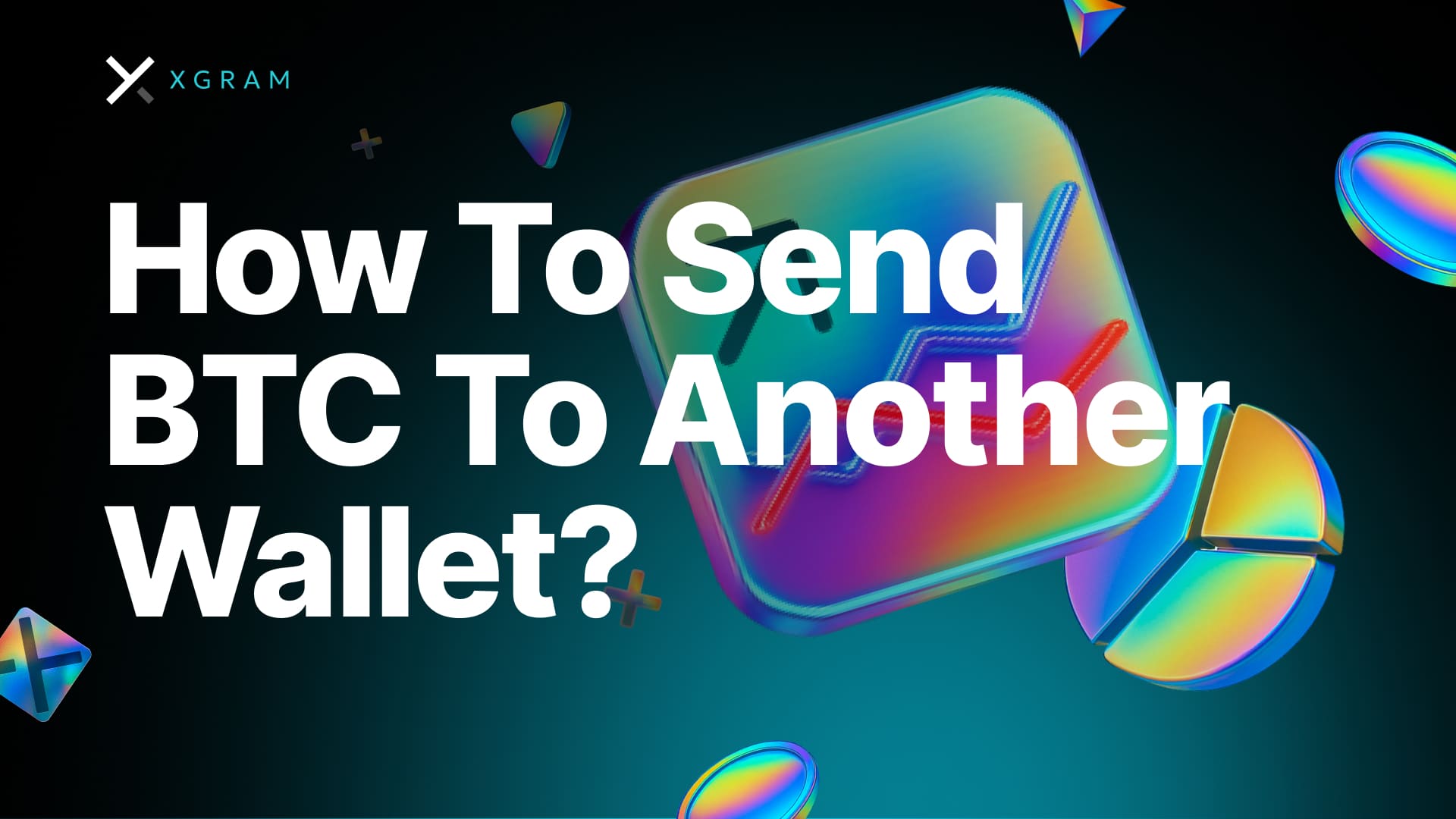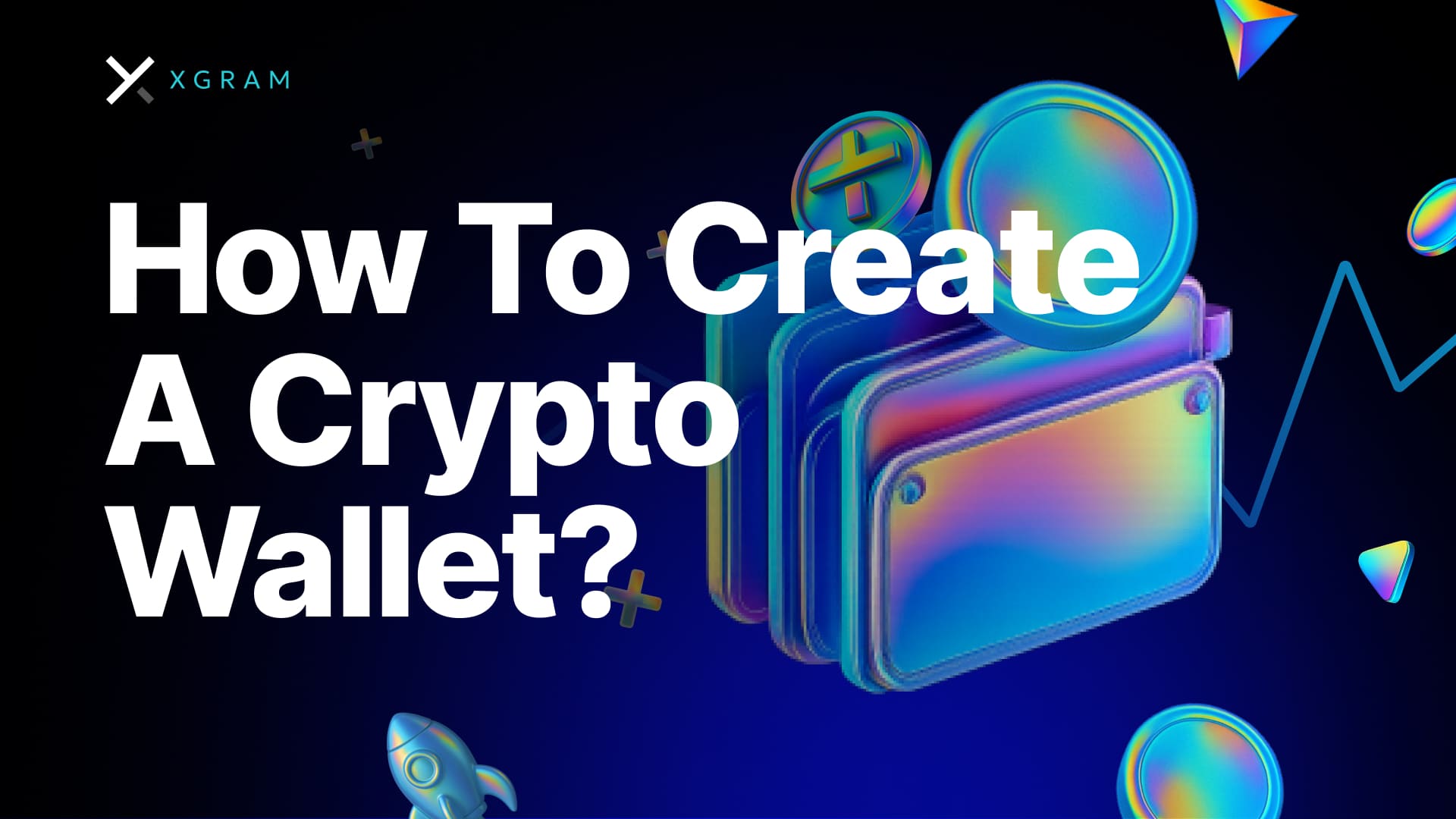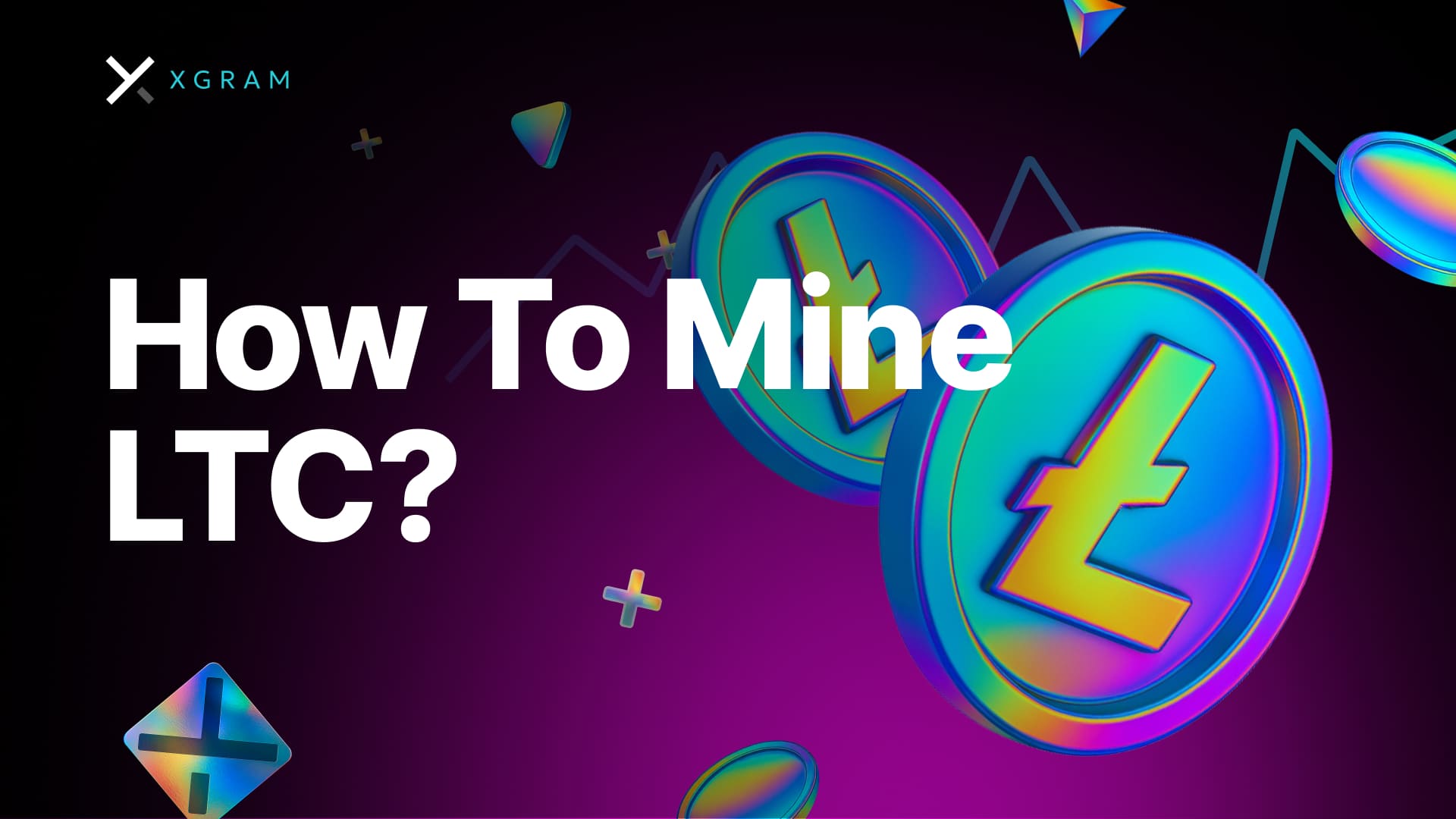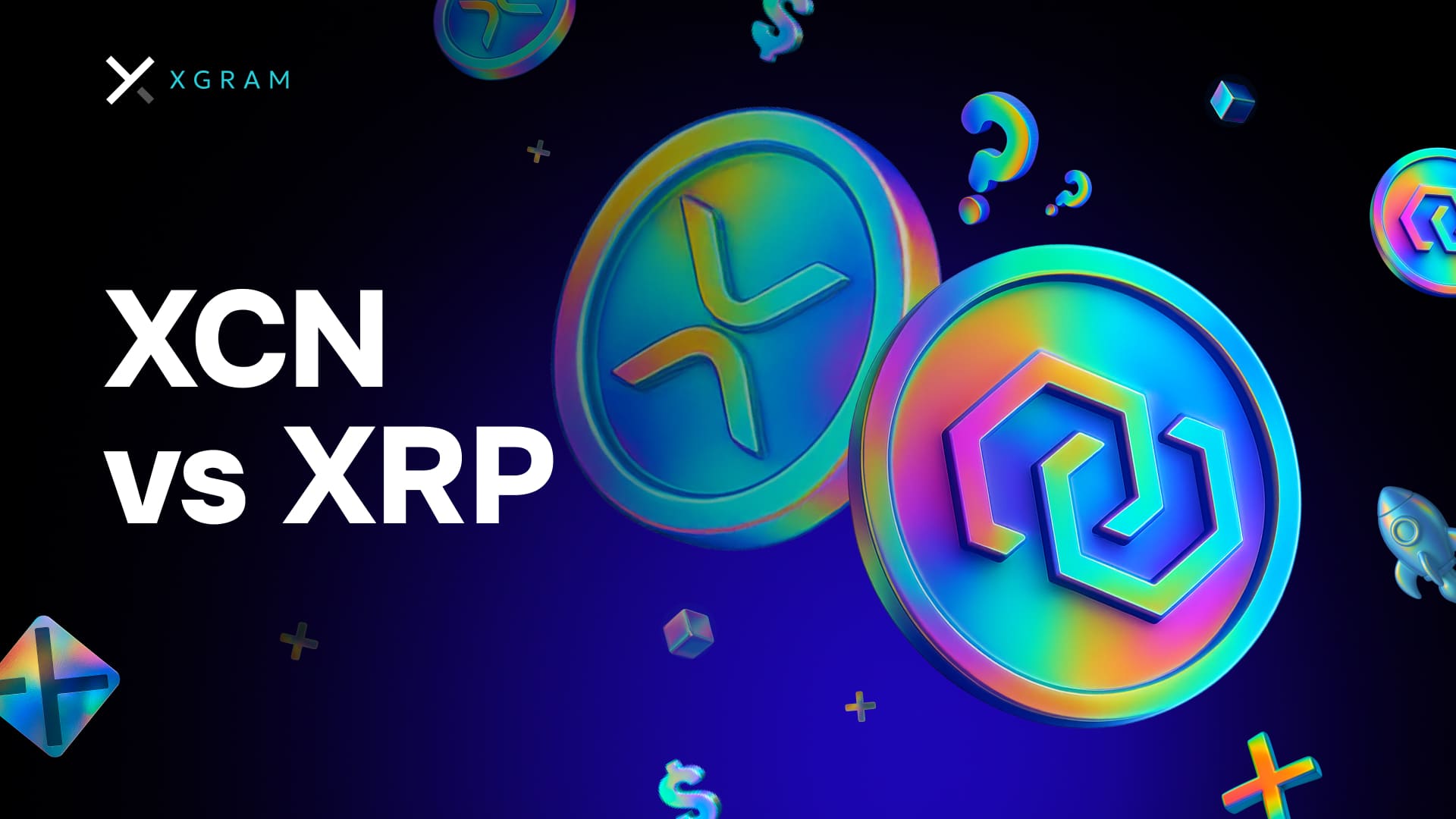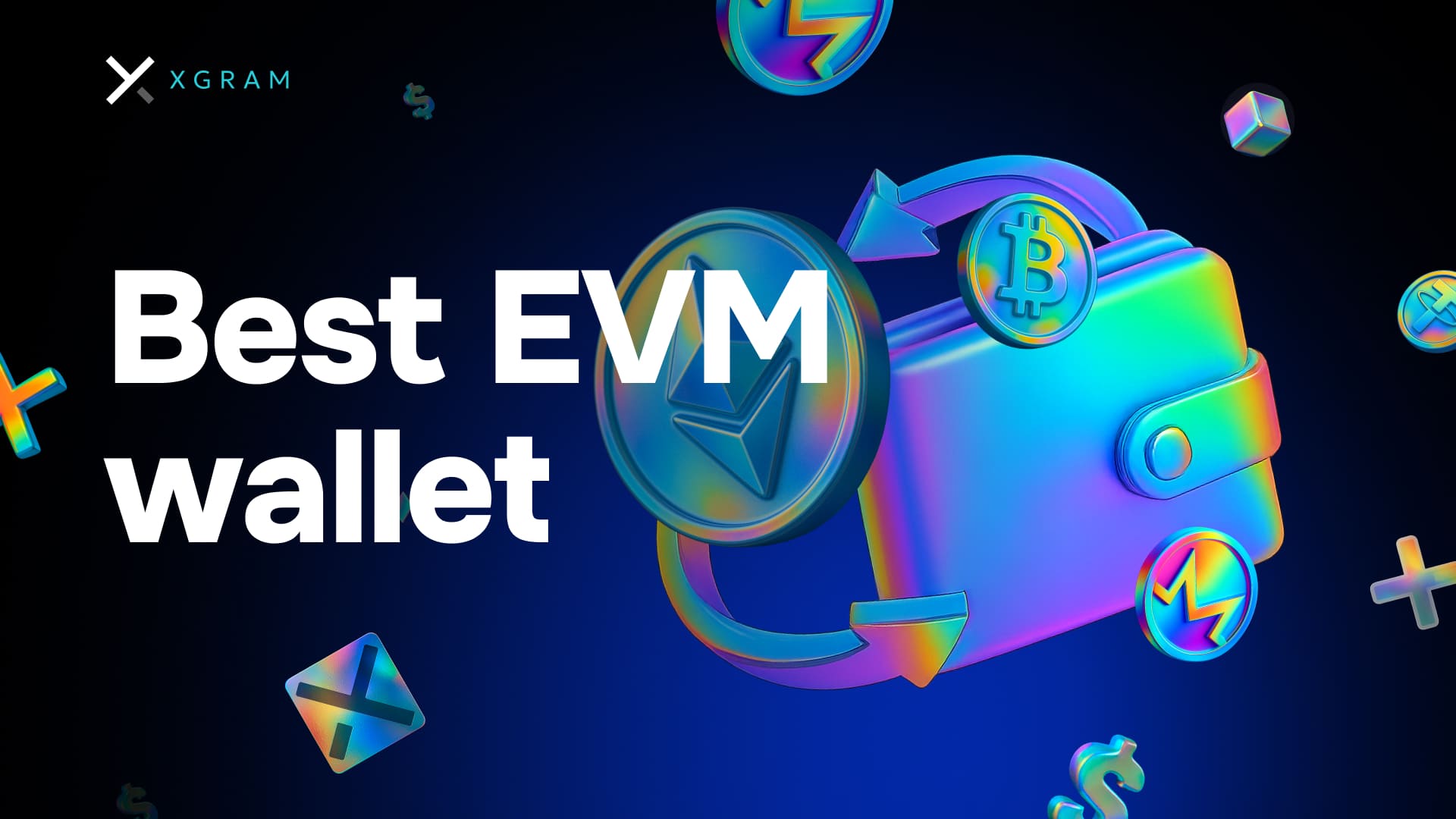
Comprendre l’avantage EVM
Tu te demandes peut-être pourquoi la compatibilité EVM est importante. L’environnement EVM, pour Ethereum Virtual Machine, est le moteur qui exécute les smart contracts sur Ethereum et d’autres blockchains compatibles (comme Polygon, BNB Chain et Avalanche C-Chain). Cela signifie que ces réseaux partagent les mêmes standards de programmation et outils. Si tu es actif dans la DeFi, le gaming ou les NFT, utiliser un wallet compatible EVM te donne une longueur d’avance :
- Bridge centralisé : déplace facilement tes tokens entre différentes réseaux basés sur EVM.
- Accès simplifié aux dApps : tu peux te connecter à de nombreuses plateformes DeFi populaires sans changer de wallet.
- Expérience familière : les wallets EVM suivent généralement une logique similaire, ce qui réduit la courbe d’apprentissage.
Un wallet bien conçu prenant en charge l’EVM t’aide à suivre plusieurs actifs en temps réel, à réduire certains frais sur des chaînes spécifiques et à accéder à de nouvelles opportunités de staking ou de rendement. C’est une manière pratique de garder ta vie crypto organisée, surtout si tu gères plus d’une blockchain.
Définis tes priorités pour le wallet
Avant de choisir le meilleur wallet EVM, prends un instant pour préciser ce qui compte le plus pour toi. Chaque utilisateur a un profil différent, alors passons en revue quelques points essentiels :
Approche de sécurité
- Le wallet stocke-t-il tes clés privées sur ton appareil, ou sur un serveur chiffré ?
- Propose-t-il une intégration avec des hardware wallets pour une couche de protection hors ligne supplémentaire ?
Support multi-chaînes
- Vérifie s’il prend en charge Ethereum, les sidechains comme Polygon, les solutions de couche 2 comme Arbitrum, ainsi que d’autres écosystèmes EVM.
- Si tu utilises aussi des réseaux non EVM, regarde si des fonctions de bridge ou de swap intégrés sont disponibles.
Compatibilité dApp
- Certains wallets intègrent un navigateur dApp qui permet de te connecter rapidement aux DEX, plateformes de rendement ou marketplaces NFT.
- D’autres s’appuient sur des connecteurs externes, ce qui peut suffire si tu restes sur une poignée de plateformes.
Expérience utilisateur
- Une interface claire peut t’éviter des erreurs coûteuses.
- Recherche des swaps simples, des historiques de transactions lisibles et des options de sauvegarde faciles.
Frais et gestion des transactions
- Les paramètres de gas sont-ils transparents ?
- Le wallet te permet-il d’ajuster facilement le gas pour accélérer ou ralentir une transaction ?
En prenant en compte ces éléments, tu affineras ta sélection et te rapprocheras d’un wallet qui simplifie tes interactions crypto au quotidien.
Découvre les principaux candidats
Pour t’aider à trouver le meilleur wallet EVM, nous avons rassemblé une liste de solutions reconnues pour leur compatibilité multi-chaînes et leurs interfaces conviviales. Chaque wallet a ses forces : concentre-toi sur ceux qui correspondent à ta routine et à tes objectifs long terme.
Metamask
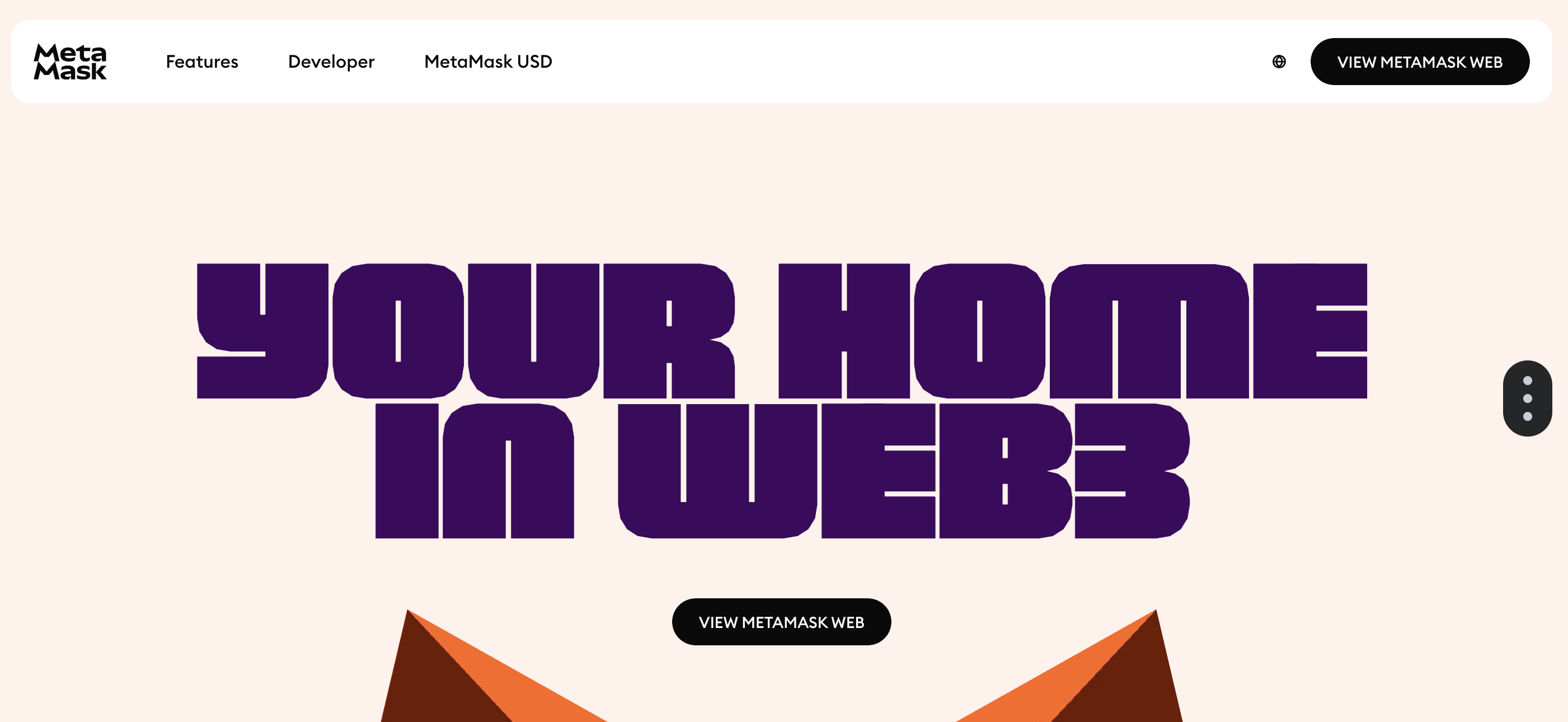
Metamask est l’un des wallets les plus populaires, disponible en extension de navigateur et en application mobile. Open source, soutenu par une large communauté de développeurs, il est particulièrement connu pour son intégration fluide avec les dApps Ethereum.
Fonctionnalités clés
Interface simple : envoie et reçois des tokens, connecte-toi aux applis DeFi et gère tes NFT en quelques clics.
Support multi-réseaux : prend en charge Ethereum et les testnets par défaut, avec la possibilité d’ajouter facilement des chaînes EVM comme Polygon ou BNB Chain.
Swaps intégrés : compare les taux de plusieurs DEX dans une seule fenêtre.
Points à surveiller
Vie privée : Metamask collecte certaines données d’usage anonymisées à des fins d’amélioration.
Gas : tu règles toi-même tes frais, ce qui est flexible mais peut être déroutant pour les débutants.
Si tu explores souvent de nouvelles dApps et sidechains, la compatibilité étendue de Metamask en fait un choix très flexible.
Trust Wallet
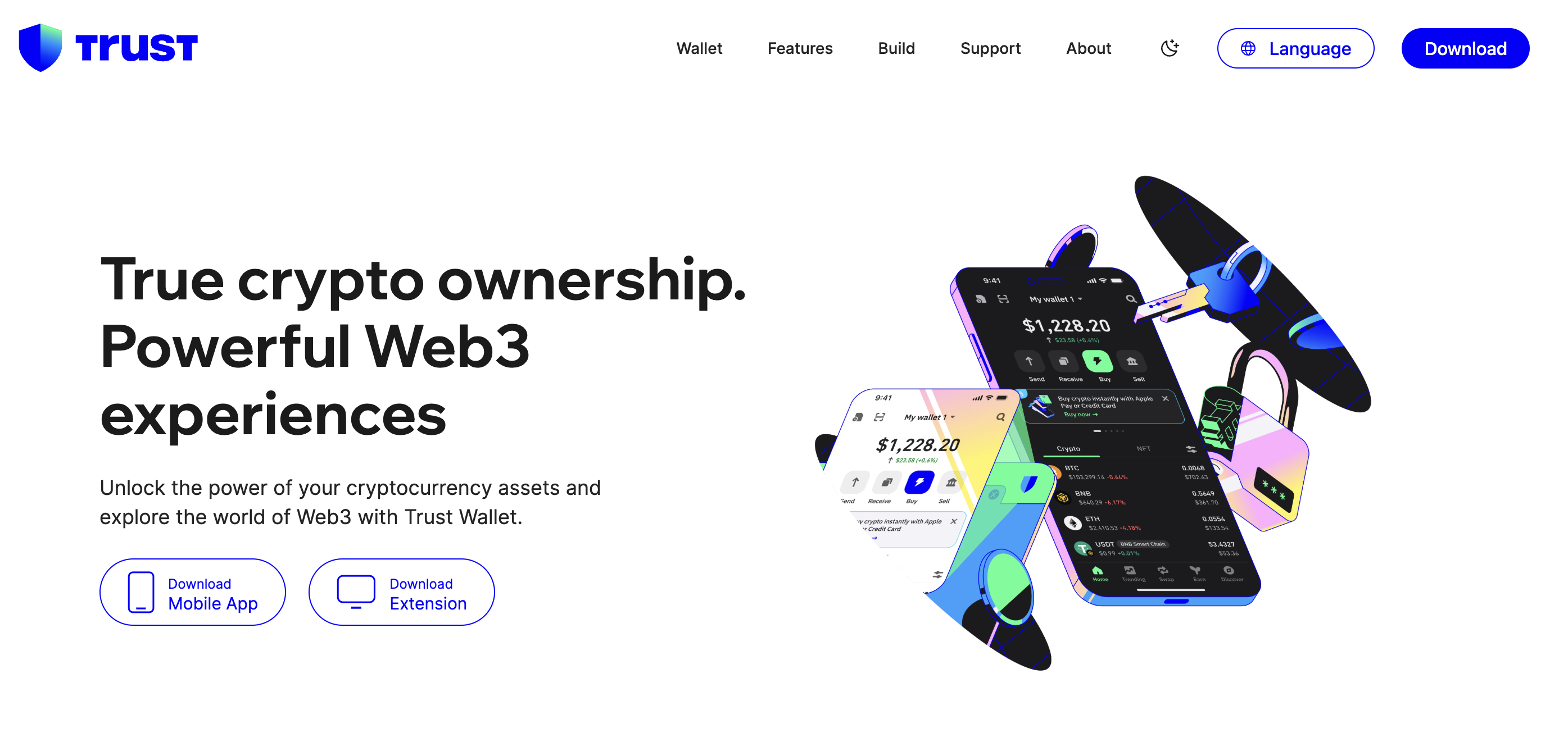
Développé par Binance, Trust Wallet prend en charge les chaînes EVM ainsi que d’autres réseaux comme Solana. C’est une application mobile uniquement, pensée pour la simplicité et une large couverture de tokens.
Fonctionnalités clés
Design intuitif : idéal pour les débutants qui veulent accéder rapidement à plusieurs blockchains et milliers de tokens.
DEX intégré : permets des swaps directement dans le wallet, avec des options de staking sur certains actifs.
Support NFT : stocke et affiche facilement tes NFT.
Points à surveiller
Pas de version desktop : toutes tes transactions passent par ton téléphone.
Frais supplémentaires : certains swaps intégrés peuvent inclure des frais de service.
Trust Wallet est un bon choix si tu privilégies la flexibilité multi-chaînes dans une seule app et que tu veux garder le contrôle de tes clés privées.
Rabby
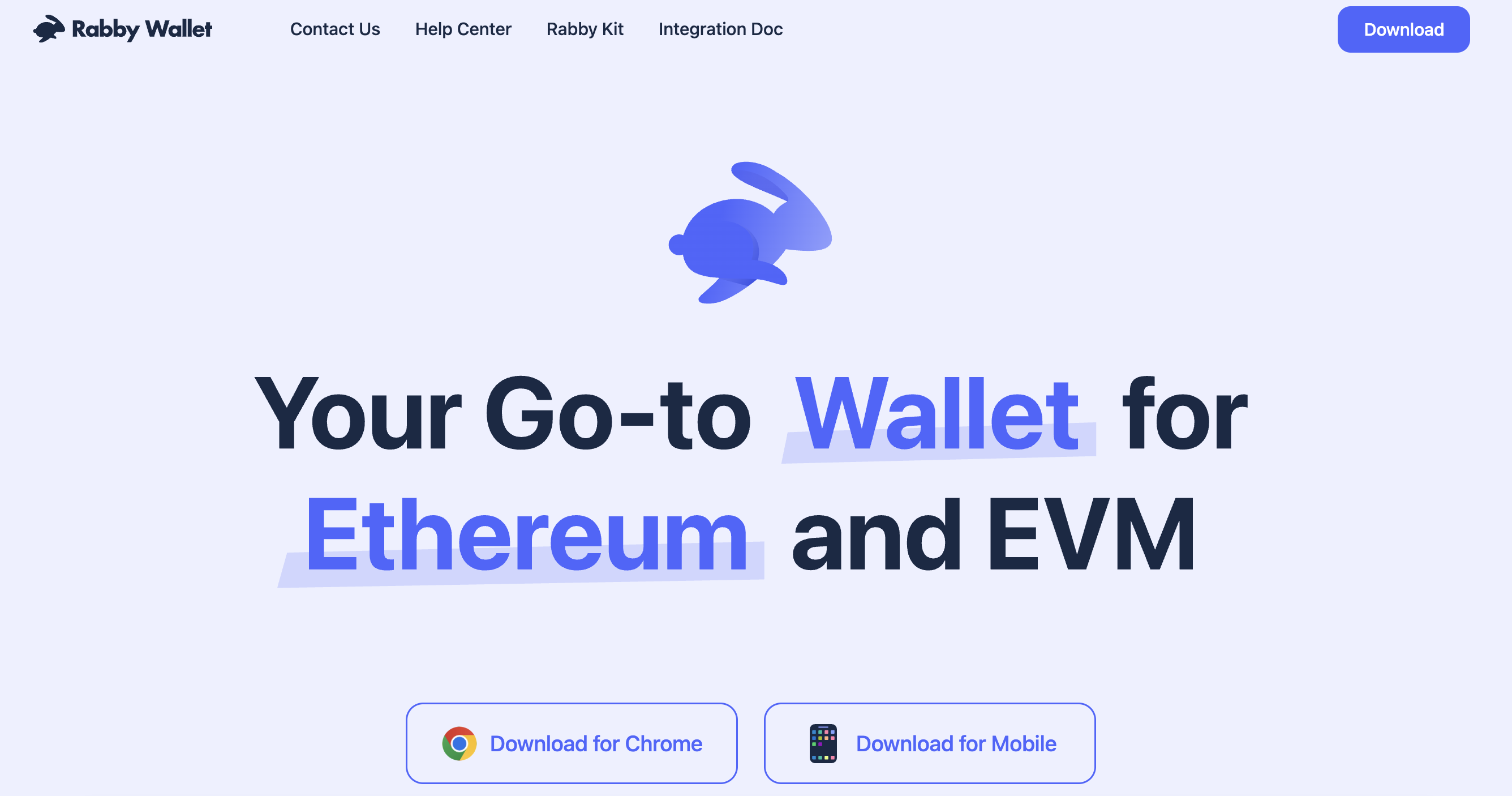
Rabby est une extension de navigateur conçue pour les utilisateurs DeFi qui jonglent avec plusieurs réseaux EVM. Créé par l’équipe derrière DeBank, Rabby met l’accent sur la transparence des transactions.
Fonctionnalités clés
Détection automatique du réseau : sélectionne automatiquement la bonne chaîne pour la dApp avec laquelle tu interagis.
Vue détaillée des transactions : avant de confirmer, tu vois les montants, la valeur en USD et l’usage du gas.
Contrôles de sécurité : avertit en cas de transaction potentiellement risquée.
Points à surveiller
Évolution rapide : développement actif, avec des mises à jour fréquentes qui peuvent parfois introduire des bugs.
Limité au navigateur : pas encore d’application mobile.
Pour les power users DeFi qui veulent une visibilité claire sur chaque action, Rabby offre une interface précise et orientée sécurité.
Exodus
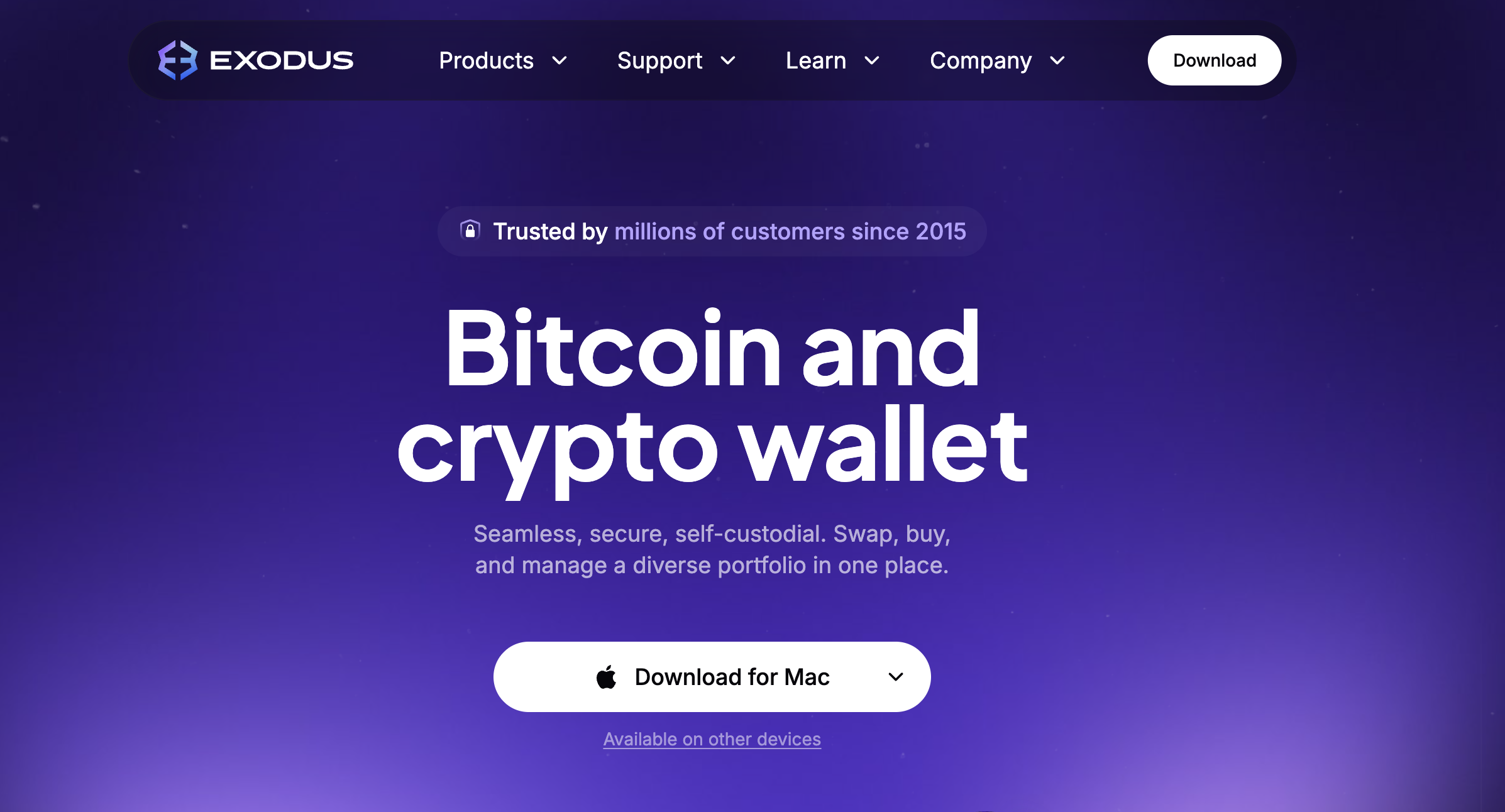
Exodus est un wallet desktop et mobile multi-chaînes, incluant Ethereum et d’autres réseaux EVM. Il est apprécié pour son interface soignée et ses fonctions d’échange intégrées.
Fonctionnalités clés
Vue portefeuille tout-en-un : suis un large éventail de cryptos via un tableau de bord moderne.
Synchronisation desktop/mobile : passe d’un appareil à l’autre sans perdre l’historique ni le suivi des soldes.
Support 24/7 : aide par e-mail et base de connaissances détaillée.
Points à surveiller
Composants fermés : certaines parties ne sont pas open source, ce qui peut déranger les utilisateurs les plus exigeants.
Frais : les taux des swaps intégrés ne sont pas toujours les plus compétitifs face aux DEX spécialisés.
Si tu recherches une solution élégante, multi-plateforme et accessible, Exodus reste une option fiable.
Coin98 Wallet
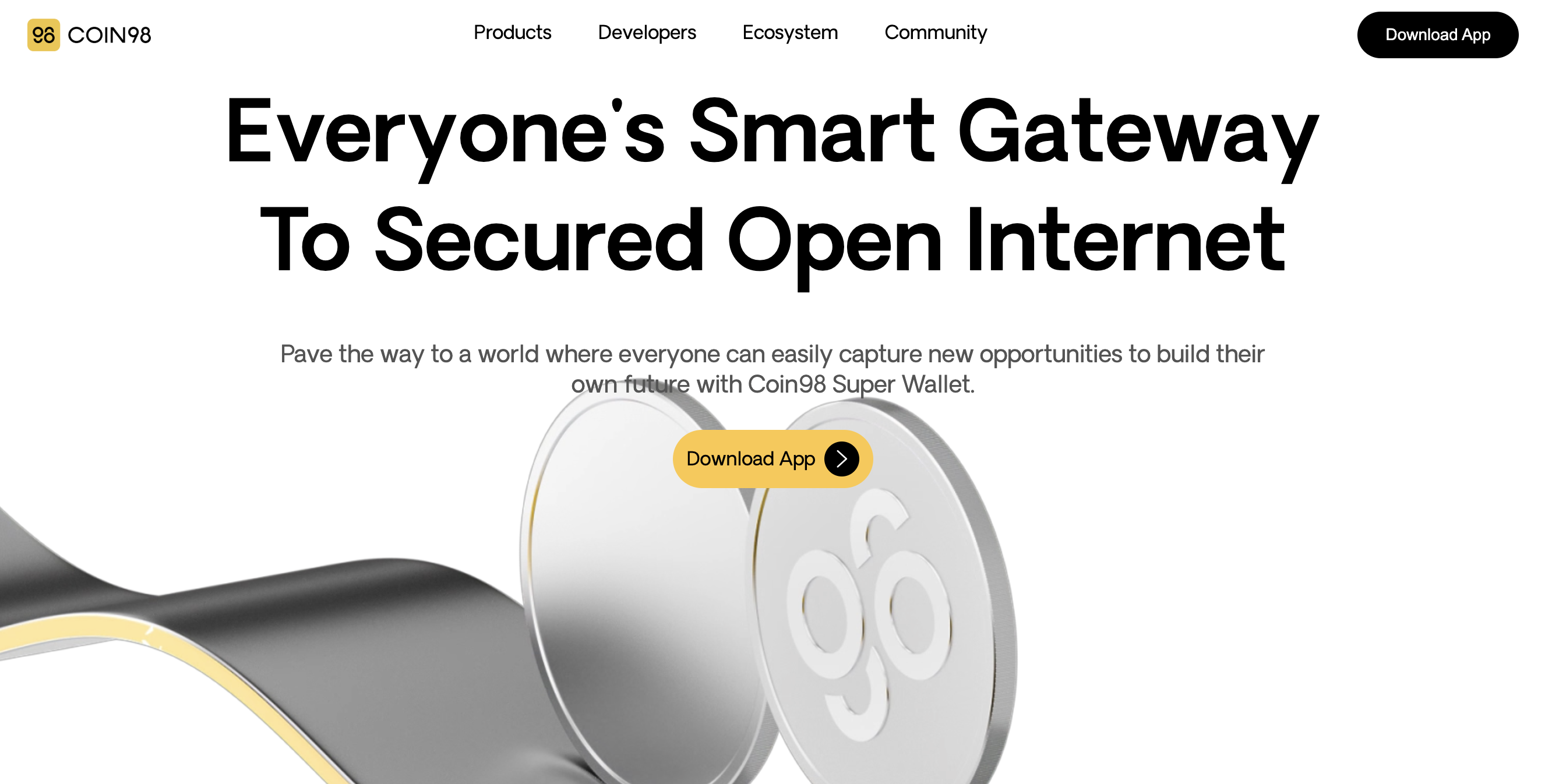
Coin98 Wallet combine gestion multi-chaînes et fonctionnalités DeFi avancées, disponible en application mobile et extension de navigateur. Il est particulièrement populaire dans certaines régions pour connecter plusieurs écosystèmes au-delà de l’EVM.
Fonctionnalités clés
Accès DeFi tout-en-un : stake, prête ou utilise des farms de rendement sur plusieurs réseaux directement depuis le wallet.
Large couverture de chaînes : en plus d’Ethereum et BNB Chain, supporte aussi Solana, Terra et d’autres.
Swap intégré : permet des échanges cross-chain avec un minimum de friction.
Points à surveiller
Courbe d’apprentissage : de nombreuses fonctionnalités peuvent demander un temps d’adaptation aux nouveaux utilisateurs.
Mises à jour régionales : certaines options peuvent varier selon ta localisation.
Si tu veux un wallet qui relie EVM et autres écosystèmes, l’approche multi-chaînes de Coin98 Wallet peut simplifier tes opérations.
Rainbow
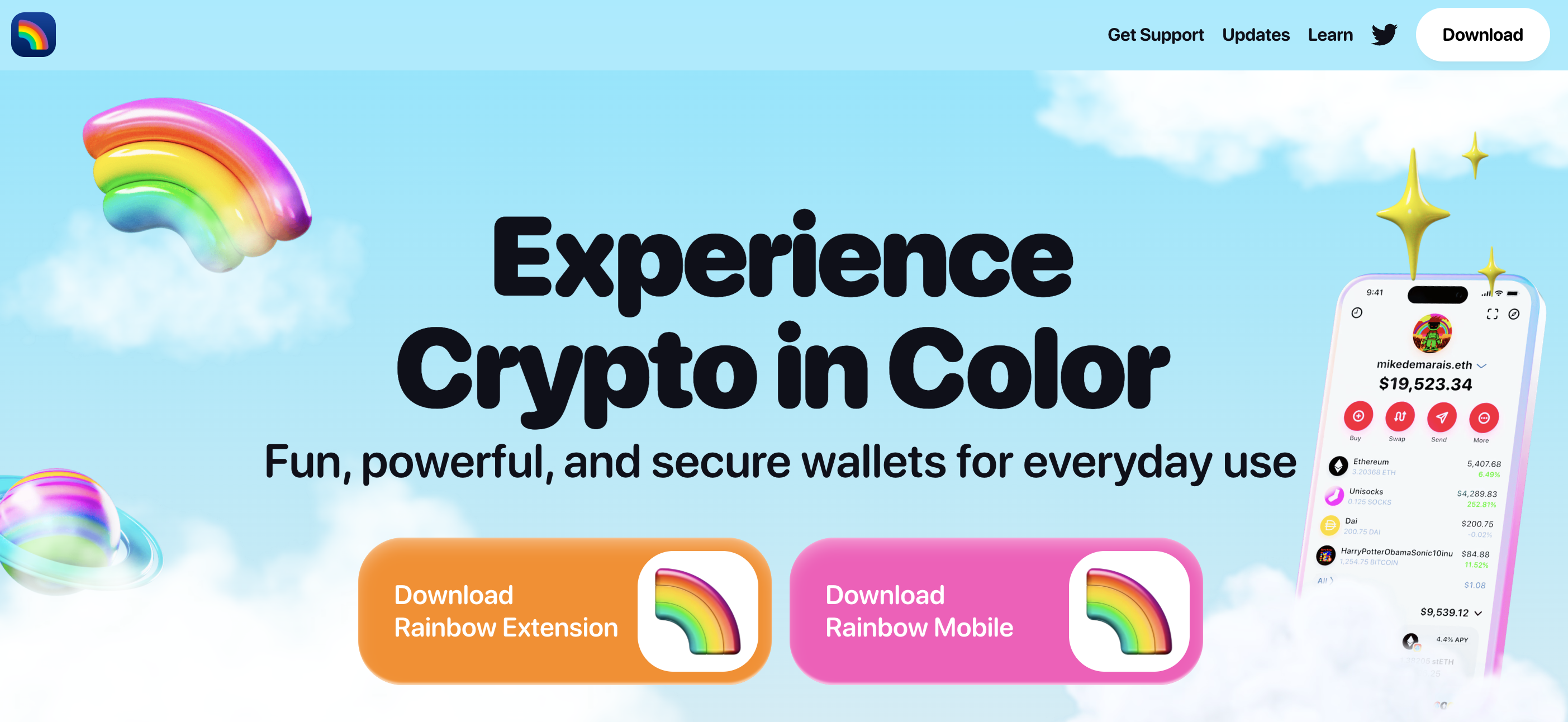
Rainbow est un wallet mobile-only qui a commencé centré sur Ethereum et prend maintenant en charge plusieurs réseaux compatibles EVM. Il met l’accent sur un design épuré et une intégration poussée des NFT, visant les utilisateurs qui apprécient simplicité et esthétique.
Fonctionnalités clés
Vitrine NFT claire : affiche et organise ta collection NFT dans une mise en page agréable.
Connexion directe aux dApps : lien facile vers Uniswap et d’autres protocoles DeFi.
Affichage social : possibilité de partager certaines statistiques de wallet dans un format convivial.
Points à surveiller
Pas de client desktop : tout se fait depuis iOS ou Android.
Moins d’options avancées : pensé pour rester simple, ce qui peut être limitant pour les utilisateurs très techniques.
Si tu veux une expérience mobile moderne et mettre en avant tes NFT, Rainbow propose une alternative rafraîchissante aux wallets EVM classiques.
Échange de tokens avec xgram
Une fois ton wallet choisi, tu auras aussi besoin d’un service fiable pour échanger des tokens ou faire du bridging entre les réseaux. xgram est un service qui te permet d’effectuer des swaps rapides sur plusieurs chaînes, y compris les réseaux compatibles EVM. Tu peux échanger des actifs basés sur Ethereum contre des tokens sur d’autres chaînes, et inversement, en quelques étapes.
Xgram se distingue par une interface simple, pratique si tu préfères une expérience sans friction. Tu peux souvent obtenir des taux compétitifs, et la plateforme vise à traiter les transactions de manière fluide afin de réduire les temps d’attente. Si tu veux développer ton portefeuille ou optimiser tes routes de bridging, xgram peut compléter efficacement le wallet que tu utilises.
Applique ces bonnes pratiques de sécurité
La sécurité de tes fonds doit rester prioritaire, quel que soit le wallet ou le service d’échange que tu utilises. Voici quelques réflexes clés à adopter :
Protège ta phrase de récupération
- Note-la sur papier et conserve-la dans un endroit sûr. Évite les captures d’écran et le stockage dans le cloud.
- Ne partage jamais ta seed phrase, même avec quelqu’un qui semble « officiel » ou digne de confiance.
Vérifie les sites et les dApps
- Le phishing est fréquent. Vérifie les noms de domaine et méfie-toi des liens reçus par messages non sollicités.
- En cas de doute, tape l’URL manuellement ou utilise tes favoris.
Maintiens tes applications à jour
- Les mises à jour corrigent des failles potentielles et ajoutent des fonctionnalités. Active les mises à jour automatiques sur ton navigateur ou ton téléphone si possible.
- Pour les hardware wallets, installe les firmwares stables dès qu’ils sont disponibles.
Active l’authentification à deux facteurs
- Si ton wallet ou les services associés le permettent, active le 2FA.
- Privilégie une application d’authentification plutôt que les SMS.
Fais des tests avec de petits montants
- Pour les transferts importants, commence par une petite transaction test.
- Cela te permet de confirmer que l’adresse et le réseau sélectionné sont corrects.
En combinant prudence et confort d’usage, tu peux réduire les risques tout en gardant une expérience fluide.
FAQ sur les wallets EVM
Voici quelques questions fréquentes sur le choix et l’utilisation d’un wallet compatible EVM.
Qu’est-ce que l’Ethereum Virtual Machine exactement ?
L’Ethereum Virtual Machine (EVM) est un environnement logiciel qui exécute les smart contracts sur Ethereum et sur des chaînes comme Polygon ou BNB Chain. En partageant la même base technique, ces réseaux facilitent l’accès cross-chain et la compatibilité avec les dApps.Puis-je stocker des tokens non-EVM dans un wallet EVM ?
En règle générale, les wallets centrés sur EVM gèrent surtout des tokens conçus pour des blockchains de type Ethereum. Certains wallets multi-chaînes prennent aussi en charge des réseaux non-EVM, mais tu auras parfois besoin de bridges ou d’applis dédiées pour une interopérabilité complète.Comment ajouter un nouveau réseau EVM à mon wallet ?
Dans la plupart des cas, tu vas dans les paramètres du wallet et ajoutes les détails RPC, l’ID de chaîne, le symbole et l’URL de l’explorateur. Beaucoup de wallets proposent un ajout rapide pour les sidechains populaires, en un ou deux clics.Est-ce que je perds mes fonds si je perds mon téléphone ou mon extension navigateur ?
Non, tant que tu as ta seed phrase en sécurité. Il te suffit de réinstaller le wallet sur un autre appareil, d’utiliser la phrase de récupération et tu retrouveras l’accès à tes fonds.Les wallets EVM sont-ils adaptés aux gros montants ?
Ils peuvent l’être, mais tout dépend de ta stratégie de sécurité et de la réputation du wallet. Pour des montants importants, privilégie un hardware wallet ou un wallet offrant des options de sécurité renforcées. Rester vigilant face aux scams et aux liens suspects est tout aussi essentiel.
Bilan et prochaine étape
Choisir le meilleur wallet EVM est une étape clé pour profiter d’un accès cross-chain cohérent et d’une expérience DeFi fluide. En comparant Metamask, Trust Wallet, Rabby, Tally Ho, Exodus, Coin98 Wallet ou Rainbow, concentre-toi sur les fonctionnalités alignées avec tes priorités. Que tu fasses du staking, explores de nouvelles collections NFT ou utilises régulièrement des dApps, un wallet EVM stable peut simplifier des tâches autrement complexes.
Pour rester sur la bonne trajectoire, sécurise ta seed phrase, vérifie les taux d’échange via un service fiable comme xgram et garde tes wallets à jour. En intégrant ces réflexes à ta routine, tu seras mieux armé pour protéger tes actifs et saisir de nouvelles opportunités dans l’écosystème crypto.





